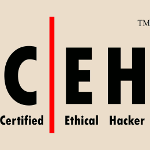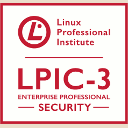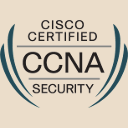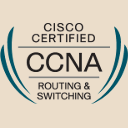The five Ws
-
What: The EC-Council Certified Ethical Hacker (CEH) is a technical certification on penetration testing.
While being oriented toward technical people, the certification itself goes lightly on the practical side but insists instead on having a broad general culture. This certification covers definitions, concepts, tools, as well as a strong focus on ethic.
This certification never go really deep in any subject, but instead attempts to cover the widest possible range of topics related to pentesting. Example of covered topics include cryptography, regulation and compliance, operating systems (client, server and mobile systems are all covered), networking (including wireless networking), procedures, code review, physical security, social engineering and, last but not least, ethic.
-
When: This certification has no prerequisite (a two years experience in IT security allows to avoid the training requirement, but subscribing to an approved training removes any experience prerequisite).
It is suitable for anyone interested …





